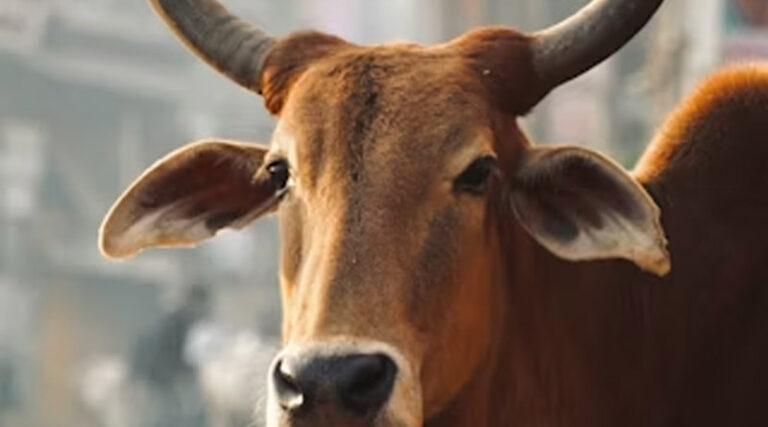
New World Screwworm Threat: Why India Must Stay Vigilant
29 August 2025, New Delhi: The New World Screwworm (NWS), a flesh-eating fly that is rapidly spreading across parts of the United States, has raised global alarm over its potential impact on livestock, food security, and rural economies. While India has not yet reported the presence of NWS, experts warn that the country’s vast livestock population could be extremely vulnerable if the pest were to enter South Asia.
In the U.S., the New World Screwworm has become a growing concern, particularly in southern states bordering Mexico. Authorities there have launched their largest-ever control initiative, deploying new technologies, medical treatments, and stricter border surveillance to slow its advance. Despite these efforts, the pest continues to spread, underlining just how difficult it is to control once established.
The New World Screwworm, Cochliomyia hominivorax, is unlike ordinary flies. Females lay their eggs on open wounds or mucous membranes of living animals. The hatched larvae burrow into flesh and feed on healthy tissue, creating deep, painful wounds. Infested animals suffer severe stress, weight loss, reduced milk and meat productivity, and, in many cases, death if untreated. Cases in the U.S. have also shown that the pest can attack pets, wildlife, and, in rare circumstances, humans.
For India, the threat is particularly serious. With over 300 million cattle and millions of buffalo, goats, and sheep, livestock is not only vital for rural livelihoods but also central to the country’s food economy. An outbreak of NWS would not only reduce productivity but could also trigger major economic losses and disrupt dairy and meat supply chains.
Veterinary experts believe that India must draw lessons from the U.S. experience. Preventing the pest from entering the country is far more cost-effective than trying to eradicate it after establishment. Farmers are advised to treat even minor wounds in livestock promptly, maintain clean animal shelters, and reduce fly breeding around villages. Unusual infestations should be reported quickly to veterinary officers so that early action can be taken.
The U.S. case shows that New World Screwworm spreads quickly and demands massive resources to contain. For India, preparedness and farmer awareness are the strongest defenses. With livestock forming the backbone of rural livelihoods, experts stress that the time to act is now, before the pest reaches Indian soil.
Also Read: Possible Decline in Wheat Production in India, Says Agriculture Minister
📢 If You’re in Agriculture, Make Sure the Right People Hear Your Story.
From product launches to strategic announcements, Global Agriculture offers unmatched visibility across international agri-business markets. Connect with us at pr@global-agriculture.com to explore editorial and advertising opportunities that reach the right audience, worldwide.






